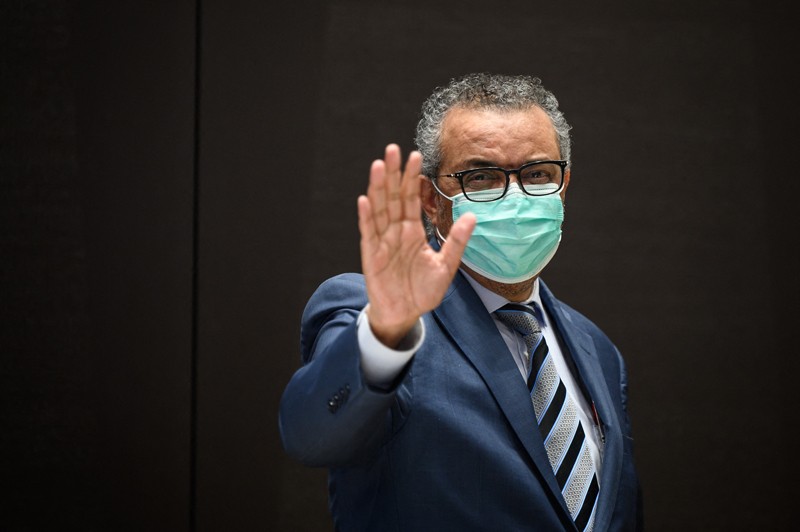
Nature.com
Nature.com is "a weekly international journal publishing the finest peer-reviewed research in all fields of science and technology," according to its About page.
Tedros Adhanom Ghebreyesus, the director-general of the World Health Organization (WHO), is all but ensured to lead the organization for a second term, from 2022 to 2027, because he is the only candidate in the race. As a matter of procedure, on 25 January, the WHO’s executive board is expected to nominate him for re-election in May.
The probable extension of his leadership occurs against the backdrop of the ongoing COVID-19 pandemic, as the health agency continues to advise countries on how to curb the coronavirus’s devastation.
This isn’t the first time a WHO director-general has run for a second term unopposed. Typically, however, several countries propose candidates in the year before an election. Elections are held every five years at the World Health Assembly in May, an annual meeting of delegates from WHO member states. This year, Tedros is the only nominee, with 28 member states, including several European countries and 3 African nations, backing him.
“It is my government’s deep belief that Dr. Tedros, the current Director-General of the WHO, is ideally placed to continue,” wrote Kenya’s cabinet secretary Mutahi Kagwe in a nomination letter.
China, the United States and about 160 other countries did not nominate anyone. This could be a modest vote of confidence in Tedros, an acknowledgement that a competitor would not prevail, or a matter of pandemic practicality, global-health researchers tell Nature. Amanda Glassman, executive vice-president at the Center for Global Development in Washington DC, says, “Generally, you don’t want to change leadership in a war.”










